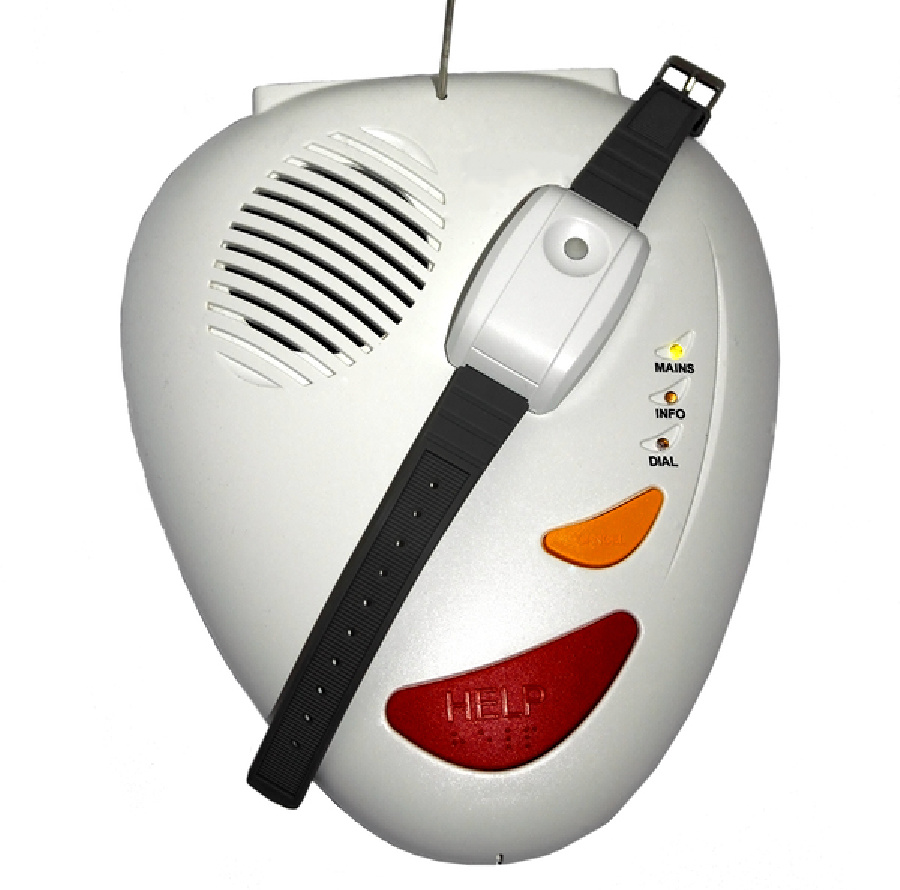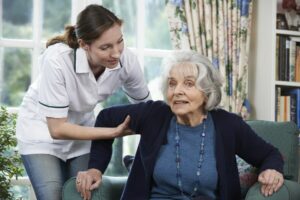How To Help Prevent Your Senior Parent From Falling In The Shower
If your senior parent is living alone and you’re worried about them falling at home, you should be. Falls are the leading cause of injuries among seniors. And one of the most dangerous places in the home for a senior is the shower. Showering gets tougher for seniors as they get older even if they are in pretty good health. The physical movements of bending down, reaching for soap, and trying to stay upright when the floor is slippery can all contribute to seniors falling in the shower. Seniors who are living alone should have personal care at home services.

Personal Care at Home Westfield NJ – How To Help Prevent Your Senior Parent From Falling In The Shower
Personal care at home is specialized care provided by caregivers who have experience helping seniors with potentially dangerous tasks like showering, using the bathroom, or getting dressed.
In addition to getting personal care at home, some things that can help prevent your senior parent from falling in the shower are:
Use Non-Slip Mats in the Shower and on the Floor
One of the easiest ways to reduce the risk of slipping is by using non-slip mats. Place a non-slip mat inside the shower or bathtub to help your parent keep their footing while bathing.
It is also a good idea to put a non-slip mat on the bathroom floor outside the shower. Wet floors can be extremely slippery, especially for seniors who already have trouble with balance. Make sure the mats stay flat and do not slide around.
Add a Shower Bench or Chair
Standing for long periods in the shower can be tiring, and it increases the chance of losing balance. A shower bench or chair gives your parent a safe place to sit while bathing. This makes it easier for them to wash without straining or standing on one leg.
Many shower chairs are adjustable and have rubber feet that grip the floor to stay in place. A bench can also help with getting in and out of the tub if space allows.
Install Grab Bars Near the Shower
Grab bars provide strong support and make it easier to move safely in and out of the shower. Mount at least one grab bar near the entrance to the shower and another inside the shower area if possible.
These bars help with balance and give your parent something solid to hold onto when stepping in or out. Make sure the bars are screwed into the wall properly and can support weight. Do not rely on towel bars or suction cup handles, as they are not strong enough for support.
Mount Soap and Shampoo Dispensers on the Wall
Reaching for slippery bottles can be dangerous in a wet environment. Instead of using loose soap and shampoo containers, install dispensers on the shower wall. This keeps everything at a convenient height and prevents your parent from having to bend over or pick up items from the floor.
Choose dispensers that are easy to push and fill them with body wash, shampoo, and conditioner. This small change can reduce the risk of slipping on spilled soap or water.
Improve Bathroom Lighting and Organization
Good lighting is important for safety in every part of the bathroom. Make sure the shower and bathroom are well-lit so your parent can see clearly. Avoid clutter on the floor or ledges that could cause trips. Keep towels, clothes, and bath items in easy-to-reach places. A tidy, well-lit bathroom is much easier to navigate safely.








